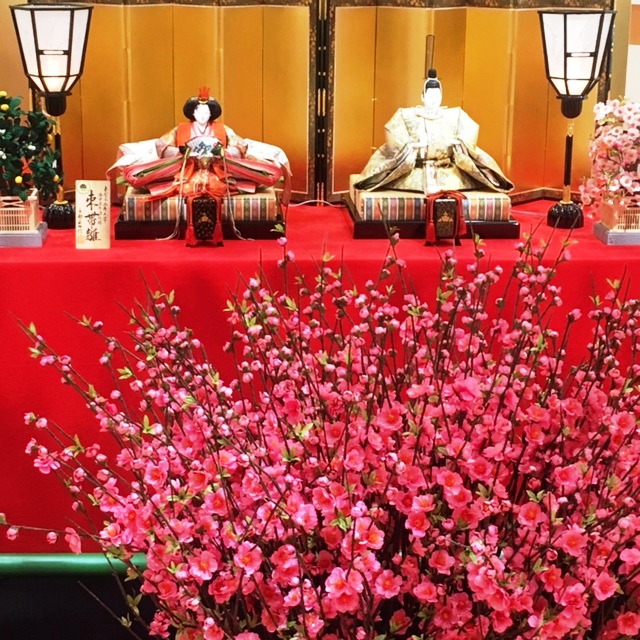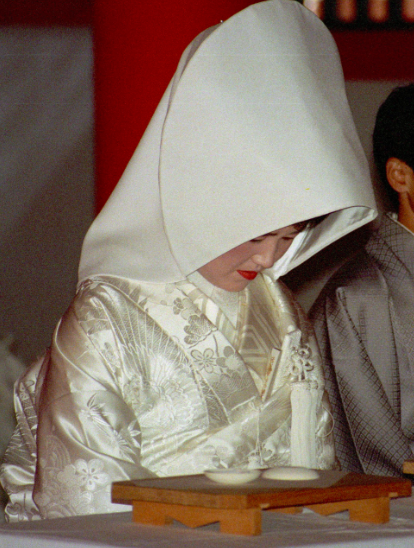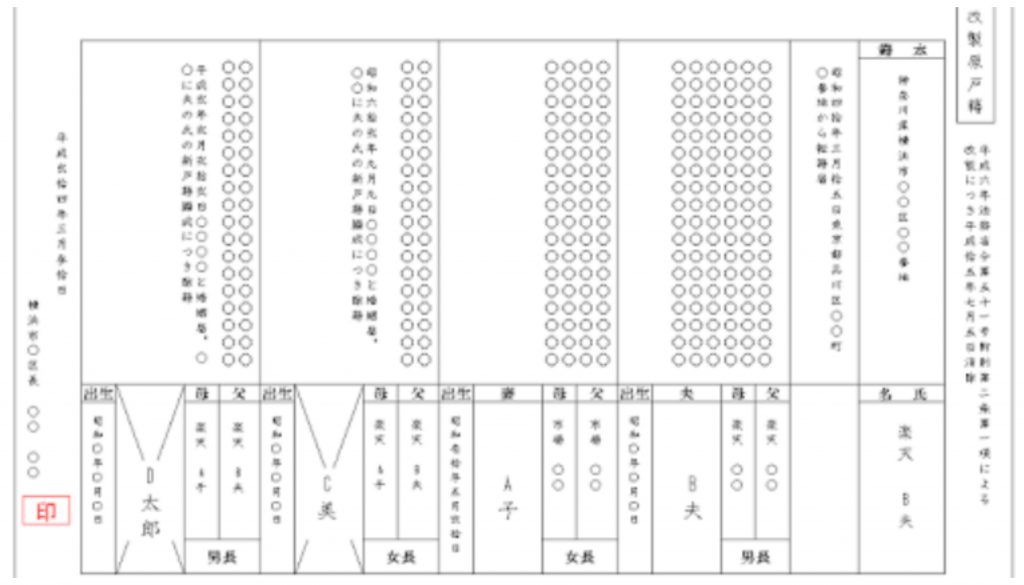
by Katinka | Mar 7, 2016 | 2016, Awareness, Europe, Refugees, Tragedy, World Events
 Next to me in the coffee shop, an elderly lady loudly complains to everyone who cares to listen. How poignant it is, this refugees’ crisis. How she doesn’t understand how nothing can be done to help all those poor people. How entire families are torn for life. How her hair had cost 80 euros. Seventyninepointfive full euros. Scandalous, don’t you think so, miss?
Next to me in the coffee shop, an elderly lady loudly complains to everyone who cares to listen. How poignant it is, this refugees’ crisis. How she doesn’t understand how nothing can be done to help all those poor people. How entire families are torn for life. How her hair had cost 80 euros. Seventyninepointfive full euros. Scandalous, don’t you think so, miss?
I try to escape her glaring eyes. I’d like to escape and take all of them with me, those refugees. To a world without expensive hairdressers. To a world where their devastating pictures don’t need to travel around social media. To a world where a simple I’m on the run is enough to offer help.
I’m not sure where this world is. It doesn’t seem to be ours. Ours is full of rich self-preservation. I have worked hard for my wealth. I will not share it. I do not wish to be bothered with the misery of others.
Well, I’m more than less disgusted by those I’s.
And still, there I am, blogging about my petty worries. About the difficulties my kids face at their expensive private school. About depression, because my perfect life is not perfect enough. About baking homemade cookies. All the while, somewhere else, another mother has to choose between her own drowning or that of her child. Knowing she doesn’t have a choice, in the end. It will probably be both anyway.
More than ever, my world has two realities. One reality is manageable, the other is immense. The manageable reality is my reference, a framework to enable me to keep functioning. It enables me to get up at a quarter past seven to cut some pieces of imported mango for my precious children. To sigh when looking at overflowing laundry baskets. To nag about an energy-devouring meeting that took longer than expected. It’s the framework that’s keeping me whole. The Frame World.
The other part is bigger and endlessly more complex. It’s the angry, overarching Dome World. In this world I’m the naive, fleet-footed creature that is called out to fight the Great Evil that is hiding in the Dome, where no escape is possible. It’s the theme of many heroic stories, like I love to read them. Lord of the Flee.
The reality of the Dome World today is raw and ruthless. We can try to change the picture of the drowned toddler in an icon, giving him wings and balloons, but it’s too late. It’s too late for all those children who didn’t wash up at the feet of a photographer. We’ve let them down.
There is no escape from this Dome World. You can only bang on the glass wall and try to hide in your own Frame World. But the Frame of those fleeing families has been reduced to firewood. Without a frame they’re adrift. More than literally.
Later today, I will find out once again where I can contribute to help.
Later today. Again, I’m disgusted. Later today, because I’ve promised homemade pizza to my children.
After all, my Frame World is still there.
How do you deal with the discrepancy between your own private life and the tragedies around it? Does your Frame World help keeping you sane or is it rather keeping you from acting?
This is an original post to World Moms Blog by K10K @ The Penguin and The Panther. Photo credit: Bart Everson. This picture has a creative commons attribution license.
If you ask her about her daytime job, Katinka will tell you all about the challenge of studying the fate of radioactive substances in the deep subsurface. Her most demanding and rewarding job however is raising four kids together with five other parents, each with their own quirks, wishes and (dis)abilities. As parenting and especially co-parenting involves a lot of letting go, she finds herself singing the theme song to Frozen over and over again, even when the kids are not even there...
More Posts

by Melanie Oda (Japan) | Mar 2, 2016 | 2016, Asia, Girl Child, Girls, Japan, World Moms Blog, World Motherhood

Here in Japan, as the cold winter wind continues to blow, the school year is coming to a close. Even the smallest children are busy preparing for graduation from their various places of learning. It is a time of reflection for the mothers of Japan: look how much they have grown! It is also a time of of worry, of anxiety about what awaits our children in their next portion of their journey.
It hasn’t been a particularly good year for the rights of Japanese women. The Supreme Court recently ruled against a group of women petitioning for the right to continue use of their maiden names after marriage. Around the same time, the same court struck down a law that enforces a waiting period for women desiring to remarry after divorce, citing a lack of similar restrictions for men. Then in the same ruling, it suggested 100 days as a reasonable waiting period. (Huh?) A male parliamentarian applied for paternity leave, to the cheers of many younger women, only to be embroiled in an infidelity scandal and forced to resign shortly thereafter. “Maternity Harrassment” was listed as a trending term on TV programs celebrating the end of 2015.
Saying that I am full of anxiety and worry for what this country holds in store for my daughter would be an understatement.
But even in this midst of this still-winter, from the warm enclave of the kotatsu (a low table equipped with a heating unit and enveloped by a duvet,) I can see that outside plum blossoms are starting to bloom. Cherry blossoms will follow. There is warmth and life and hope awaiting us, if only we persevere a little longer.
Perhaps it is just coincidence that plum blossoms are a symbol of Girls Day as well.
Families across Japan will spend March 3 celebrating their love for their daughters. Gorgeous collections of delicate dolls representing the members of the ancient imperial court are being displayed as I write, the superstition being that should any disaster like fire or earthquake occur at your house, these dolls will take your daughter’s place. She will be spared.
Mothers and grandmothers will toil over chirashi zushi, a kind of sushi where the fish are “scattered” on top as opposed to rolled within. There will be crunchy, lightly sweetened snacks, traditional pounded rice cakes, and (especially for families with young daughters) perhaps even cake and pizza.
That this is an old tradition gives me hope. Even in the darkest days of a powerful patriarchy, parents have loved their daughters. Families have gathered, special dishes have been prepared, efforts have been made all for the love of girls.
In the midst of other more negative messages, this is a powerful one. I hope it gets through.
What kind of messages do you feel the traditions of your country send to young women? How would you like to change them, if you could?
If you ask Melanie Oda where she is from, she will answer "Georgia." (Unless you ask her in Japanese. Then she will say "America.") It sounds nice, and it's a one-word answer, which is what most people expect. The truth is more complex. She moved around several small towns in the south growing up. Such is life when your father is a Southern Baptist preacher of the hellfire and brimstone variety.
She came to Japan in 2000 as an assistant language teacher, and has never managed to leave. She currently resides in Yokohama, on the outskirts of Tokyo (but please don't tell anyone she described it that way! Citizens of Yokohama have a lot of pride). No one is more surprised to find her here, married to a Japanese man and with two bilingual children (aged four and seven), than herself. And possibly her mother.
You can read more about her misadventures in Asia on her blog, HamakkoMommy.
More Posts

by Tes Silverman | Mar 1, 2016 | 2016, Asia, Culture, Marriage, Uncategorized, World Moms Blog, World Voice
 This Thursday, March 3rd, an event in Japan known as Girls Day, a day of reflection and prayers for the health and happiness of daughters, comes at a time when women’s voices are not being heard.
This Thursday, March 3rd, an event in Japan known as Girls Day, a day of reflection and prayers for the health and happiness of daughters, comes at a time when women’s voices are not being heard.
In the past few months, Japanese women have been at the crossroads of maintaining with what’s been traditionally acceptable or fighting to keep their surnames even after marriage.
A number of Japanese women have taken an age-old law to court, claiming that being unable to keep their surnames is a violation of their rights. One of the women, Kaori Oguni, argues, “By losing your surname-you’re being made light of, you’re not respected…It’s as if part of yourself vanishes”.
What has been at play is that an age-old law stemming from the patriarchal system that has dominated the family dynamic since 1896. Dating back from the 1600’s during the Edo period, whereby the population was ruled by the Tokogawa Shogunate (feudal system), the only people who had last names were those of the Samurai class, until the end of the Shogunate, known as the Meiji Restoration in the late 1800’s. This was created in order to create their own identities, separate from the Samurai class.
The current law states that married couples share the same last name, and while the law doesn’t specify whose name should be kept, most women keep their husband’s last name to prevent pressure and criticism from the public, or worse their families. It is now being challenged by some professional women who believe it unconstitutional to ban women from having a choice of whether to change their surnames once they marry.
Part of the problem is the continued use of a family register system that has been used for decades which lists every member of the family, like a census. Unlike the census, a daughter’s name is crossed off the family register once she marries and is added onto her husband’s family register. What is disturbing is that a woman’s surname is easily assigned from one register to another, without thought of ramifications for her or her future.

The family register is like a census. The “x” denotes when a woman is divorced, and more than 1 “x” means more than 1 divorce. The family register is how families keep track of their families, but if a daughter gets married, he name is crossed off and added onto her husband’s family register.
According to a source from Japan, this law has affected professional women more so than non-working women. The view has been maintained that the government is providing women a safety net by holding on to the idea of keeping their husband’s last name as future reference with regards to parental rights or inheritance issues. By sharing one surname, it is seen as a way of binding one’s family and women become part of that unit, letting go of their own identity.
In addition to married women, divorced women are just as affected by this law. Once a woman is divorced, her name on the family register is indicated by an “x” and any future divorces would indicate additional “x”s. Once a woman is divorced, she has the option of creating her own register or going back to her parents’ register, but along with having an “x” on the register, it would be noted that it was a result of a divorce. While it may be seen as an efficient way of keeping track of the family system, it seems more like devaluing the woman’s importance in a family.
A few people interviewed regarding this issue believe that it is not just about changing one’s last name, it’s more about having the choice to change it for themselves.
Mrs. U, married for fifteen years never had a problem with taking on her husband’s last name. Her husband had an unusual last name and was proud of it, but over the years, she felt that having to explain her surname is inconvenient. It didn’t occur to her how much paperwork was involved in changing her name on all bank accounts, etc. She also didn’t think at the time how it would affect her sense of self, having grown up with the assumption that one day she would change her name. She wishes now she had given it more thought, though she feels she still would have taken her husband’s name. Her children also have pride in their unusual surname and she wants her daughter to have the option of keeping it, if that’s what she chooses.
Mr. A said that when he was married more than 40 years ago, it never once crossed his mind that his wife would not want to take his surname. When his daughter married 15 years ago, he didn’t feel sad when she changed her name. He always knew that would happen so he was okay with it. But now, he says that Japan is changing and women have a stronger sense of identity. He doesn’t feel that a family having different last names weakens the family unit, though he says many of his peers think this. He hopes his grandchildren will be free to choose whether to share a surname with their spouse or not.
Ms. N is divorced. She hates the practice of x-ing through names on the family register and feels it is discriminatory and an invasion of privacy. She thinks this particular case failed in the Supreme Court because the plaintiff approached it from the angle of ‘I’ve built a reputation and professional name for myself using my maiden name. Changing that disadvantages me.’ Ms. N feels this approach was selfish, bound to fail, and that anti-woman powers that be knew this and used this case to strike down the cause. She thinks if it was approached from an equal rights standpoint, the result may perhaps have been different.
For Asuka Someya-Takahashi, who heads a non-profit organization called PILCON, this law has affected her personally and professionally. “I established a non-profit organization before I was married. Upon my marriage and resulting name change, I needed to file new paperwork with the metropolitan city office and legal affairs bureau. In spite of this, work communication often comes addressed to my maiden name. I am constantly unsure if I should be using my maiden name or married name on invoices, applications for subsidies, etc.”, says Someya-Takahashi.
She adds, “I think if the law allowed couples to choose separate surnames, this kind of complexity could be avoided. The love and ties of family do not change simply because a family uses more than one surname. It’s very unfortunate that in today’s world there are still people who speak out against allowing married couples the choice of having separate surnames”.
With regard to her NPO, Someya-Takahashi explains the importance of PILCON. “PILCON is an NPO which expands upon the sexual health education in Japan. We strive to include information on reproduction health and rights (STI’s (sexually transmitted infections, fertility, equal relationships, etc.) that tend to be left out of the public discussion, in an effort to enable youth to make informed decisions”.
It is amazing to see how a patriarchal family system dating back so many decades still has the power to affect women of today, especially professional women who can affect change in their society.
I never thought that I would have an issue giving up my surname, until I got married. I was always known by my maiden name to my friends and family for years and it was my identity. I didn’t realize how strange it would feel to be called by a different name until I had to change my name in legal documents.
While I did have the option of keeping my maiden name if I wanted to, I decided to take my husband’s name as my own. I still consider myself an individual, but also as someone who is part of a family that believes in choosing their own identity. I believe that everyone should have the choice to be identified as the person they wish to be, not one dictated by laws. Here’s hoping that Japanese women continue to question and challenge the laws that restrict them, and create a future that involves freedom to choose their own identity.
This is an original post written for World Moms Blog by Tes Silverman of Pinay Perspective . World Mom Melanie Oda also contributed research to this post.
If you are married, did you keep your maiden name or take your husband’s?

Tes Silverman was born in Manila, Philippines and has been a New Yorker for over 30 years. Moving from the Philippines to New York opened the doors to the possibility of a life of writing and travel. Before starting a family, she traveled to Iceland, Portugal, Belgium, and France, all the while writing about the people she met through her adventures. After starting a family, she became a freelance writer for publications such as Newsday’s Parents & Children and various local newspapers. Fifteen years ago, she created her blog, The Pinay Perspective. PinayPerspective.com is designed to provide women of all ages and nationalities the space to discuss the similarities and differences on how we view life and the world around us. As a result of her blog, she has written for BlogHer.com and has been invited to attend and blog about the Social Good Summit and Mom+Social Good. In addition, she is a World Voice Editor for World Moms Network and was Managing Editor for a local grass roots activism group, ATLI(Action Together Long Island). Currently residing in Virginia Beach, VA with her husband, fourteen year-old Morkie and a three year old Lab Mix, she continues to write stories of women and children who make an impact in their communities and provide them a place to vocalize their passions.
More Posts - Website
Follow Me:





 Next to me in the coffee shop, an elderly lady loudly complains to everyone who cares to listen. How poignant it is, this refugees’ crisis. How she doesn’t understand how nothing can be done to help all those poor people. How entire families are torn for life. How her hair had cost 80 euros. Seventyninepointfive full euros. Scandalous, don’t you think so, miss?
Next to me in the coffee shop, an elderly lady loudly complains to everyone who cares to listen. How poignant it is, this refugees’ crisis. How she doesn’t understand how nothing can be done to help all those poor people. How entire families are torn for life. How her hair had cost 80 euros. Seventyninepointfive full euros. Scandalous, don’t you think so, miss?



 This Thursday, March 3rd, an event in Japan known as Girls Day, a day of reflection and prayers for the health and happiness of daughters, comes at a time when women’s voices are not being heard.
This Thursday, March 3rd, an event in Japan known as Girls Day, a day of reflection and prayers for the health and happiness of daughters, comes at a time when women’s voices are not being heard. 







